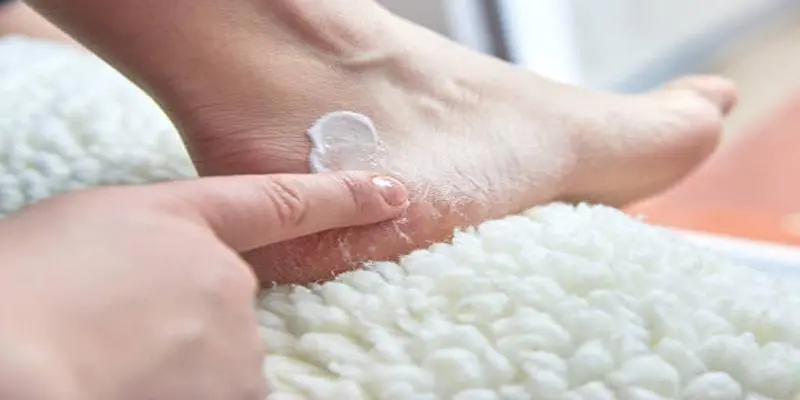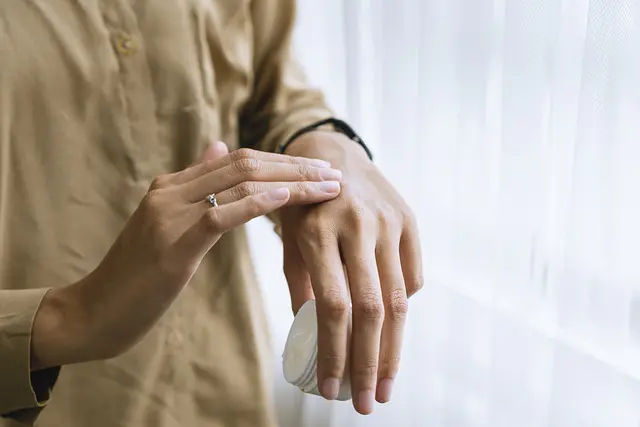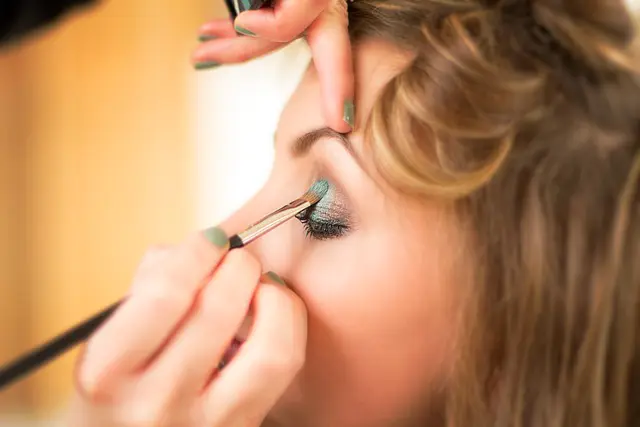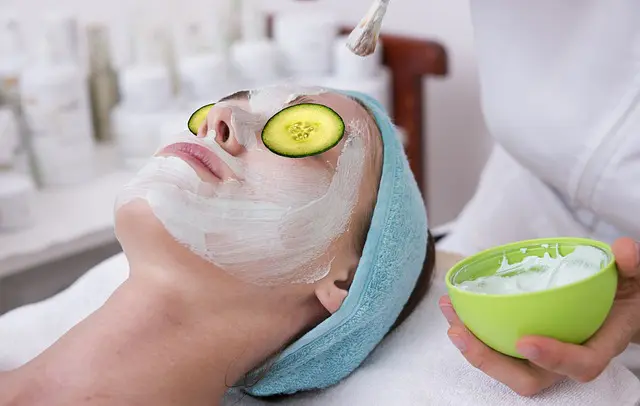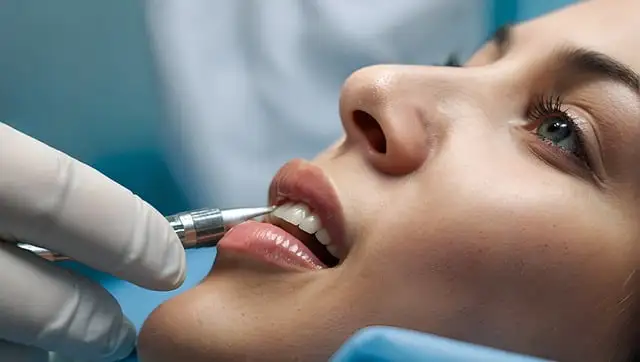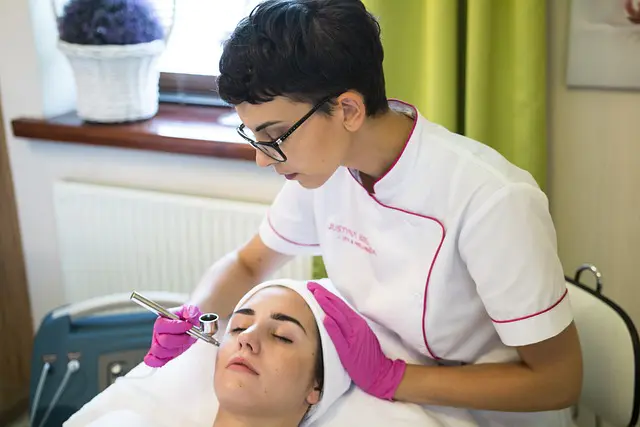As the weather shifts to a more damp and rainy state, it can pose specific challenges for skin care, particularly for those with acne-prone skin. The rise in humidity and airborne pollutants can intensify skin problems, possibly resulting in blocked pores and acne flare-ups. To maintain your skin's freshness and health throughout the rainy season, it's crucial to adjust your skin care regimen. This guide provides comprehensive strategies and insights for managing skin care during wet weather to help prevent acne.
Does Rain Impact Acne?
Rain itself is not the primary cause of acne, but it can contribute to conditions that may worsen acne for some. The increased humidity from rain can boost the skin's oil production. This excess oil, combined with sweat and dirt, can lead to clogged pores and subsequent acne breakouts. Moreover, rainwater may contain pollutants and bacteria that can irritate the skin and provoke acne. By tailoring your skin care routine to account for these factors, you can lessen their effects and preserve clear skin.
Skincare Tips for Clear Skin on Rainy Days
To prevent acne during rainy days, consider the following detailed advice:
Daily Cleansing with a Mild Cleanser
Cleaning your face twice daily is key to removing accumulated dirt, oil, and pollutants, thus preventing clogged pores. Select a mild cleanser that suits your skin type. For those with oily skin, a foaming or gel cleanser may be fitting, while those with dry or sensitive skin might opt for a creamy or hydrating cleanser. A thorough yet gentle cleansing routine will help protect your skin's natural barrier.
Select a Non-Comedogenic Moisturizer
Moisturizing is essential for maintaining skin health, even on rainy days. Choose a non-greasy, oil-free moisturizer to keep your skin hydrated without causing pore blockage. Ingredients like hyaluronic acid, glycerin, and aloe vera provide hydration without adding excess oil.
Apply a Broad-Spectrum Sunscreen
Sunscreen is an essential part of any skincare routine, regardless of the weather. UV rays can penetrate clouds and rain, leading to skin damage. Apply a broad-spectrum sunscreen with an SPF of at least 30 to protect your skin from UVA and UVB rays. Choose a non-comedogenic formula to avoid clogging pores.
Choose Non-Comedogenic Makeup
Higher humidity can increase the risk of clogged pores and breakouts. Non-comedogenic makeup products are designed to prevent pore blockage. Look for products that are labeled as oil-free and non-comedogenic.
Utilize Oil-Absorbing Sheets
High humidity can make your skin appear oily. Oil-absorbing sheets or blotting papers can help control excess oil throughout the day. Gently press the sheet against your skin to absorb oil without disturbing your makeup.
Keep Hair Away from Your Face
Rain can make your hair damp and dirty, potentially transferring oil and dirt to your face. Keeping your hair pulled back or using a headband can prevent this transfer. This simple step can help reduce breakouts and keep your skin clean.
Maintain Hydration
Staying hydrated is crucial for skin health. Drink plenty of water to keep your skin hydrated from the inside out. Proper hydration helps maintain a healthy complexion and prevents dryness or flakiness.
Rainy Day Skincare Avoidances
To avoid acne during rainy weather, avoid the following:
Avoid Heavy, Oil-Based Moisturizers
Heavy moisturizers can clog pores, especially in humid conditions. Opt for lightweight, non-comedogenic moisturizers to keep your skin hydrated without causing breakouts.
Avoid Touching Your Face
Rainy conditions can be muddy, and touching your face with dirty hands can transfer bacteria and dirt, potentially


